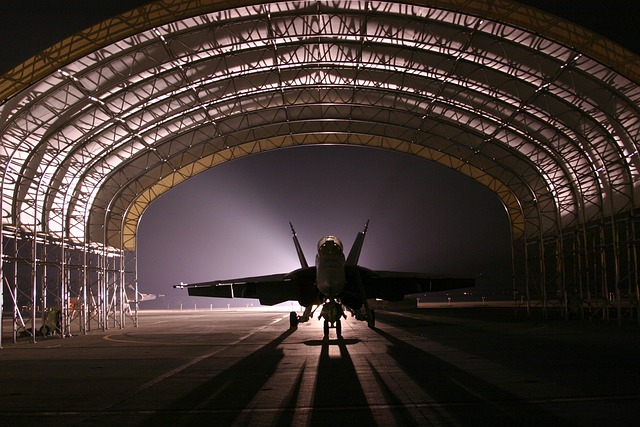
In baseball, the corners of the field are called bases.
From the Latin basis (which, in turn, has its origin in a Greek word), the base is the support, foundation or support of something . It may be a physical element (the component that supports a construction or a statue) or a symbolic element (the support for a person, organization or idea).
Base can be the support point of a structure . For example: "The building fell because it had problems at its base," "The artist ordered a 50-kilogram cement base to support the work."
Different uses of the term base
The place where personnel and equipment are concentrated for the organization of campaigns or expeditions is also known as a base: "We tried to reach the top but, due to the storm, we had to return to the base" , "The North American operations base in Baghdad was bombed by insurgent troops .
At a political or social level, the group of people represented by a leader is known as the base. The base is, therefore, the popular support for a political project or a candidacy: "The bases have demanded that the leaders make a greater effort in the defense of economic sovereignty."
In sports , the base can be each of the corners of the baseball field that the players must defend or the position occupied by the playmaker in basketball : "Be careful, they will try to steal our base," "Steve Nash is among the best point guards in recent decades in the NBA .
The rules that regulate a raffle or contest, the line parallel to the one on which a geometric figure theoretically rests and the substance that, in combination with acids, can form salts , are other meanings of this concept.

An operations center can be referred to as a base.
The concept in the army
The area used to concentrate the army at the beginning of a campaign, as well as to gather and store everything necessary to sustain itself, is known as a base of operations . Despite presenting different requirements in each case, the base of operations is essential in any situation (whether the offensive or defensive is taken).
First of all, it must be a solid and resistant structure, since it can be used by the army in the event of an early defeat. It is advisable that some element of considerable size be hidden from enemy vision (such as a mountain) or that there be an obstacle that is difficult to cross between the base and the battlefield (a high-flowing river, swamps or lush forests).
However, the more unfathomable the base of operations, the more difficult it will be for your own army to direct towards it in case of emergency. This is a decision that directly affects the strategy, which is why it is key to the success of a campaign. The ideal conditions are good protection from natural obstacles and a sufficient number of communications with the outside, as well as a depth that allows troops to relax and regain strength.
When you have a large front, it offers the army greater security of maintaining communication while advancing and, at the same time, it worries the enemy troops, since there are more points to carry out an attack, which usually forces them to divide.
Eventual and secondary bases
There are times when it is necessary to choose a base for a time, to increase the threat with greater proximity, or as a midpoint between the current one and a new objective. The name given to this base is eventual .
An invasion of a country requires secondary bases to accompany the advance of the troops and offer them the resources for their survival at every step; It is worth mentioning that they must meet the same requirements as the main ones and that the distance between them depends on various factors, both geographical and strategic.
